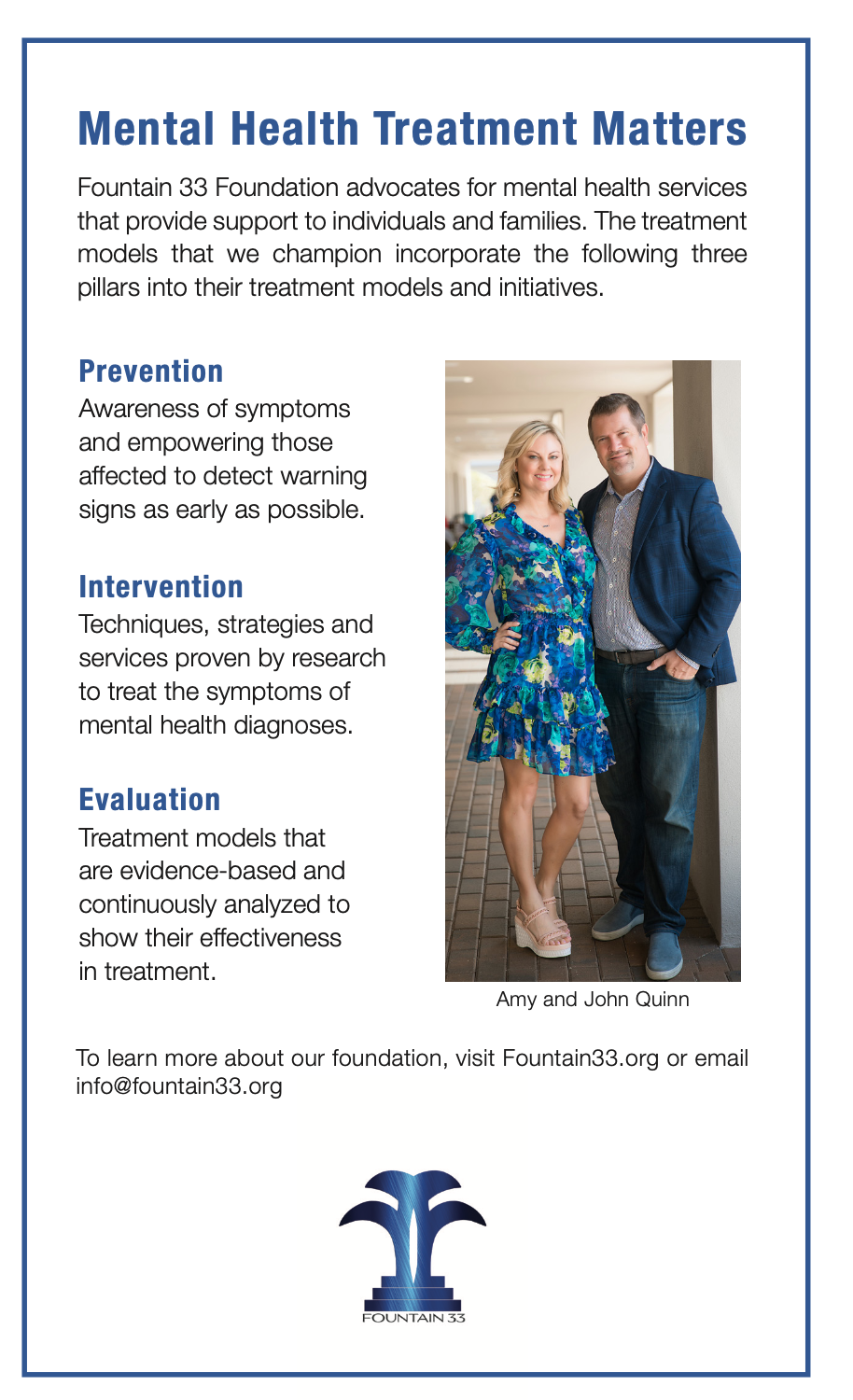Articles + Features
How Parents Can Support a Child’s Mental Health
Pitfalls and Possibilities on the Road to a Healthy Marriage
Over my years as a therapist, I have enjoyed helping premarital couples as they prepare for marriage. (via GoodTherapy.org)
Secure Attachment in Millennial Parenting
Most parents would agree that parenting is a challenging yet rewarding role. Millennials (born between 1980 and 2000) are quickly becoming the new parental majority, numbering 22 million with 9,000 babies born to them each day. (via GoodTherapy.org)
Parenting a Toddler? Understanding the Stages of Development Can Help
I am a therapist. But I am also a mother of three young children. And as I navigate the challenging yet rewarding years of parenthood, I am thankful for my psychology background and training. (via GoodTherapy.org)
‘Reviving Ophelia’ and Supporting Our Teens: A GoodTherapy.org Review
In the bestselling book Reviving Ophelia: Saving the Selves of Adolescent Girls, Dr. Mary Pipher discusses the negative impact adolescence can have on young women. She observes that before girls hit adolescence, they are free. (via GoodTherapy.org)
Trauma Makes ‘Adulting’ Even Harder, but EMDR Therapy Can Help
A popular phrase that I often hear adults say in therapy is “adulting is hard.” It’s common sentiment outside the therapy room as well. (via GoodTherapy.org)
Trying to Understand Your Teen’s Behavior? Look to the Brain
The teen years can be challenging for parents. Adjusting to your teen’s changing behaviors and emotional shifts can cause any parent to question their parenting and wonder, “Where did I go wrong?” (via GoodTherapy.org)
Theory of Well-Being: Elements and Interventions
Some of the founding fathers of psychology, including Sigmund Freud, believed human motivation was based on a person’s need to avoid anxiety. (via GoodTherapy.org)
How to Recognize and Reconnect with Split-Off Parts of Yourself
Some of the most powerful work I have seen accomplished in therapy involves a person reclaiming parts of themselves that they have disowned. (via GoodTherapy.org)
Sins or Twins? Understanding the Relationship Between Envy and Pride
Envy has been described as a vicious emotion, one of the deadliest of all sins. Have you ever envied someone else’s achievements? (via GoodTherapy.org)
Strength in the Face of Adversity: Practicing Resilience in Daily Life
The term antifragile, developed by Nassim Nicholas Taleb, refers to the idea some things actually gain from disorder. (via GoodTherapy.org)
When Trauma Won’t Quit: Understanding Complex Posttraumatic Stress
The current accepted diagnosis for experiencing a single traumatic life event is posttraumatic stress (PTSD). (via GoodTherapy.org)
Can Self-Leadership Strategies Help Your Teen Manage Problems?
The teen years represent a time of change and challenge. According to developmental theorist Erik Erikson, adolescents turn away from their parents and toward peers during this time (Crain, 2005). (via GoodTherapy.org)















